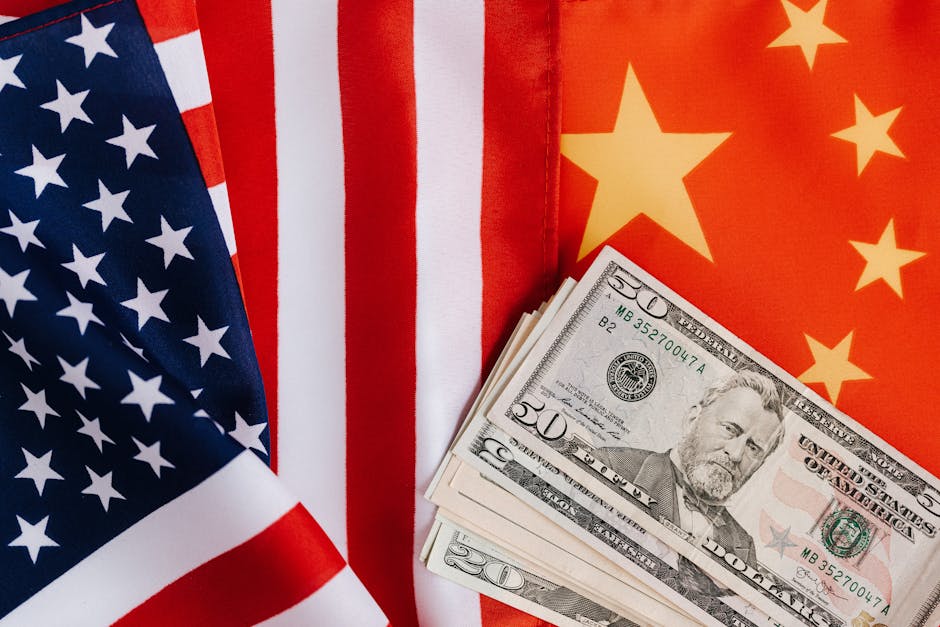Trump’s EXIM Bank Nominee Steps Down Following Russia Scrutiny
Scott Parven, President Trump’s nominee for the U.S. Export-Import Bank (EXIM), has withdrawn from consideration after reports revealed his past legal work for Russian energy giants Gazprom and Rosneft. His exit leaves the export credit agency without a full board—again.
Who Was Scott Parven?
A Washington lawyer and former Akin Gump partner, Parven was nominated in June 2020 to help lead EXIM Bank, which finances U.S. exports. While supporters argue the bank is key to competing with China, critics call it “corporate welfare.”
Parven’s nomination drew little attention until investigations exposed his advisory work for a Cyprus-based firm tied to Kremlin-linked oligarchs. These revelations sparked bipartisan concern over conflicts of interest, given EXIM’s role in countering foreign economic influence.
Why Did Parven Withdraw?
Facing mounting scrutiny from the Senate Banking Committee, Parven cited avoiding “distraction” as his reason for stepping aside. In a statement, he maintained his ethical standards but acknowledged the nomination delay could hinder EXIM’s mission.
The White House has yet to name a replacement, prolonging the bank’s leadership vacuum.
EXIM Bank’s Rocky Road
Since 2015, EXIM has operated with limited capacity due to congressional opposition. Though revived in 2019 to counter China’s export financing, partisan disputes have stalled board confirmations. Trump, once a critic, now backs the bank—but his nominees keep facing hurdles.
Political Reactions
- Democrats: Sen. Sherrod Brown (D-Ohio) praised Parven’s withdrawal, stressing EXIM leaders must prioritize U.S. interests over foreign ties.
- Republicans: Sen. Kevin Cramer (R-N.D.) blamed partisan gridlock, arguing constant delays weaken U.S. competitiveness.
What’s Next for EXIM Bank?
Without a full board, EXIM can’t approve large deals, leaving U.S. exporters at a disadvantage. As tensions with Russia and China rise, the agency’s role in economic diplomacy grows—but only if Washington can confirm qualified leaders.
Parven’s case underscores how foreign ties can upend confirmations, leaving EXIM’s future uncertain.




